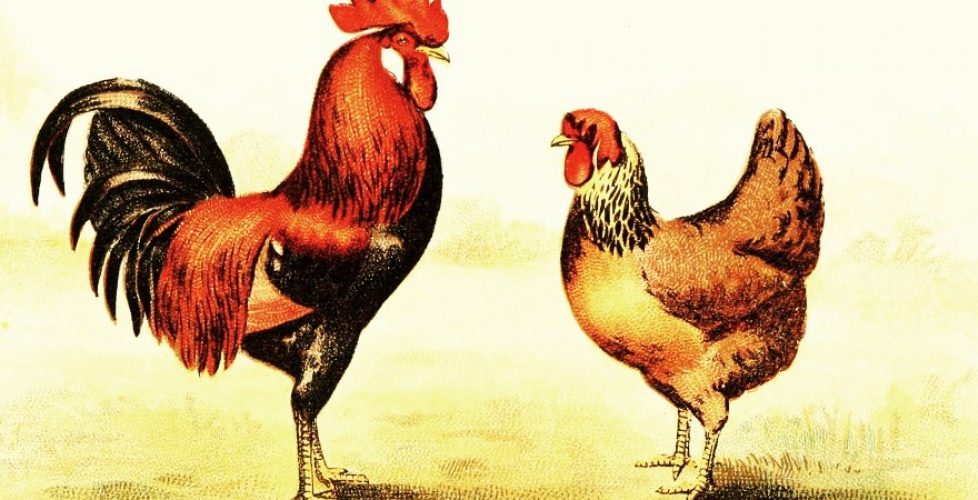Hatching an idea
“Chickens have always been good to think with. For people in a wide range of fields, chickens have provided a useful, and at times inspiring, focus.” Susan Squier explains in her book a Poultry Science: Chicken Culture,“Diverse types of people have found the chicken weaving its way into their thoughts, dreams, and deeds shaking up the separation of nature and culture and prompting exploration of what it means to be human – and animal (2011, p. 4) .”
The interwoven state of biology and culture in America becomes more clear with a historical understanding of the domestic chicken and its evolutionary relationship development with humans.
When we consider our responsibility to nonhumans, the notion of stewardship is well known. With domesticated chickens and animals how do our responsibilities change when we intentionally created the chicken’s non-human nature to suit us, rather than it (Galusky, 2010)?
Dismissing intent, we breed domestic animals to fit and, perhaps, reinforce our human cultural norms and systems. Have we modified chickens to produce protein (and eggs) at the expense of all other traits? Has the chicken become a technology designed to carry out a specific purpose? Is the domestic chicken a living, independent animal? Many times debates about our ethical obligations to care for other life (domesticated animals often are left out) are juxtaposed between natural as good and artificial as bad (Galusky, 2010).
Everything we experience, even outside our homes in “nature”, has been for all practical purposes created by humans. It serves little purpose to consider whether the chicken is natural or artificial. The relevant consideration of domesticated chickens today is what definition of nature remains?
This research paper seeks to shed light on a very interesting history of the domestic chicken and its relationships with humans. We may discover, “the chickens have come home to roost” and you’ll want your Grandma’s Mirro.
This saying, as it is appropriate to note, is comparing a person’s evil or foolish deeds to chickens. If a person does wrong, the “payback” might not be immediate. But at some point, those “chickens” will come home to roost. One has to face the consequences of one’s past actions. In English, the proverb goes back to Chaucer’s ‘Parson’s Tale’ (c 1390), so explains a list of chicken sayings in this creative chicken writing.
